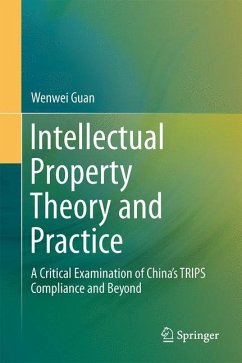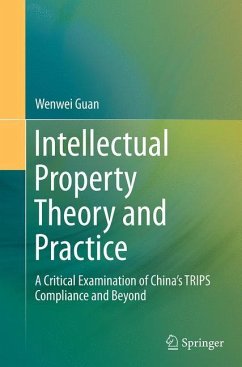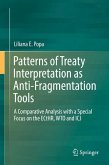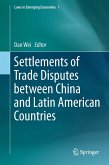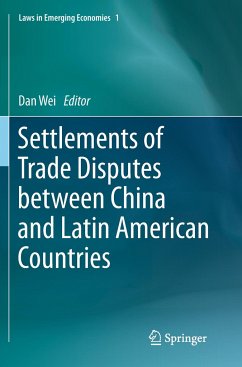This book explains China's intellectual property perspective in the context of European theories, through a critical examination of intellectual property theory and practice focused on China's compliance with the Agreement on Trade-Related Aspects of Intellectual Property Rights (TRIPS). The author's critical review of contemporary intellectual property philosophy suggests that justifying intellectual property protection through Locke or Hegel's property theories internalizes a theoretical paradox.
"Professor Wenwei Guan's treatment of intellectual property law and practice in the PRC offers new perspectives that enrich an already active field of study . . . This book will be a useful contribution to academic and policy discourses examining conceptual and operational dimensions of China's intellectual property protection system and the broader process of China's international engagement."
- Dr. Pitman B. Potter, Professor of Law, University of British Columbia, Canada
"Dr. Guan reminds us of the daunting challenge of the public-private divide in forming and reforming TRIPS regime; how this regime has failed to address development needs and public concerns in developing countries like China; and how TRIPS's 'birth defect' can be overcome and its evolution can be put back on the right track."
- Dr. Yahong Li, Associate Professor at Faculty of Law, Hong Kong University
"Professor Wenwei Guan's treatment of intellectual property law and practice in the PRC offers new perspectives that enrich an already active field of study . . . This book will be a useful contribution to academic and policy discourses examining conceptual and operational dimensions of China's intellectual property protection system and the broader process of China's international engagement."
- Dr. Pitman B. Potter, Professor of Law, University of British Columbia, Canada
"Dr. Guan reminds us of the daunting challenge of the public-private divide in forming and reforming TRIPS regime; how this regime has failed to address development needs and public concerns in developing countries like China; and how TRIPS's 'birth defect' can be overcome and its evolution can be put back on the right track."
- Dr. Yahong Li, Associate Professor at Faculty of Law, Hong Kong University

